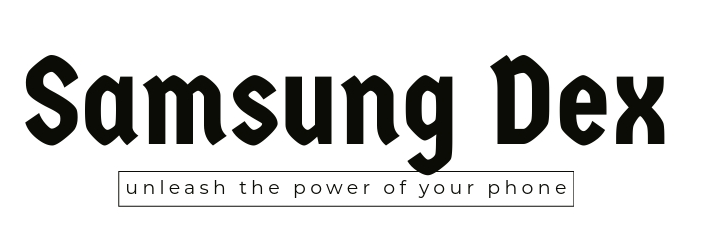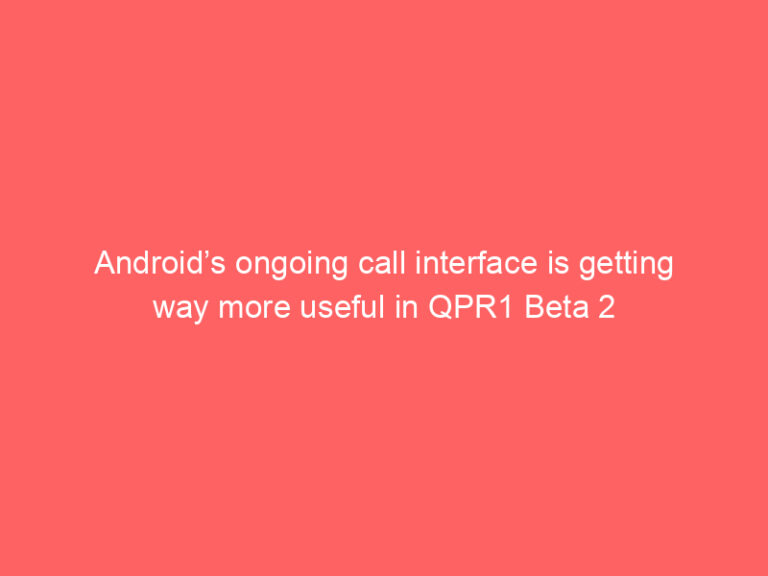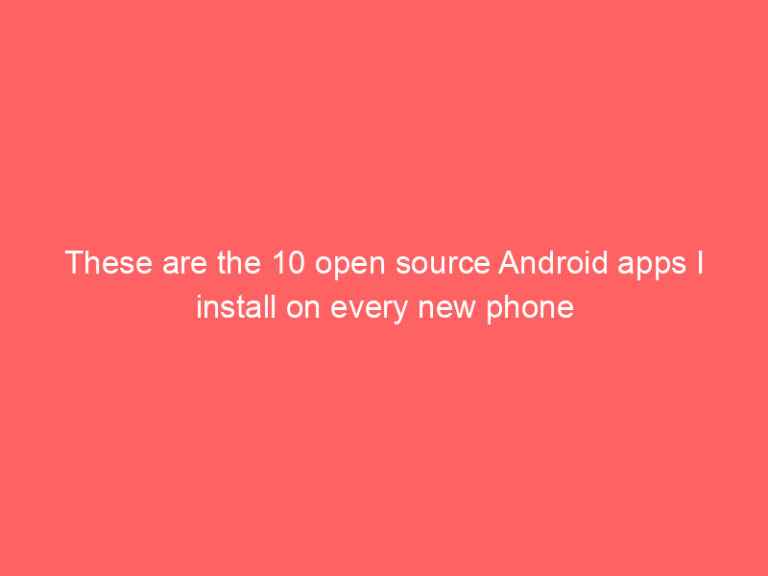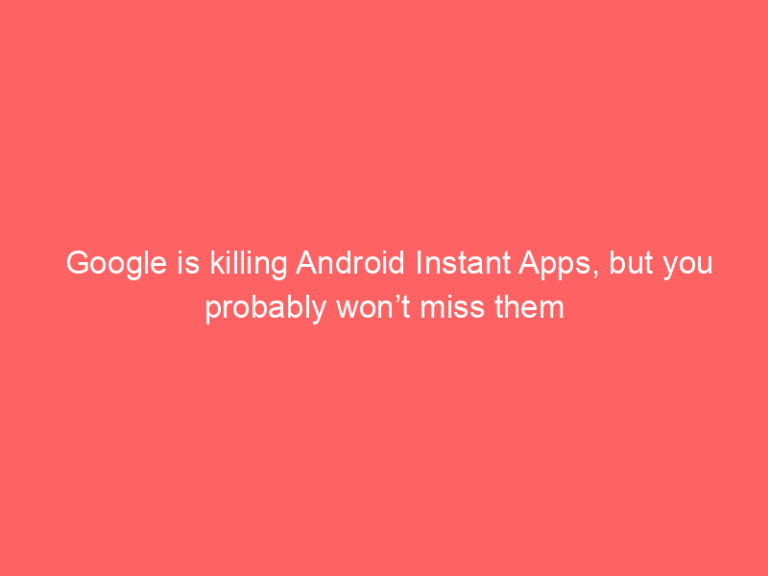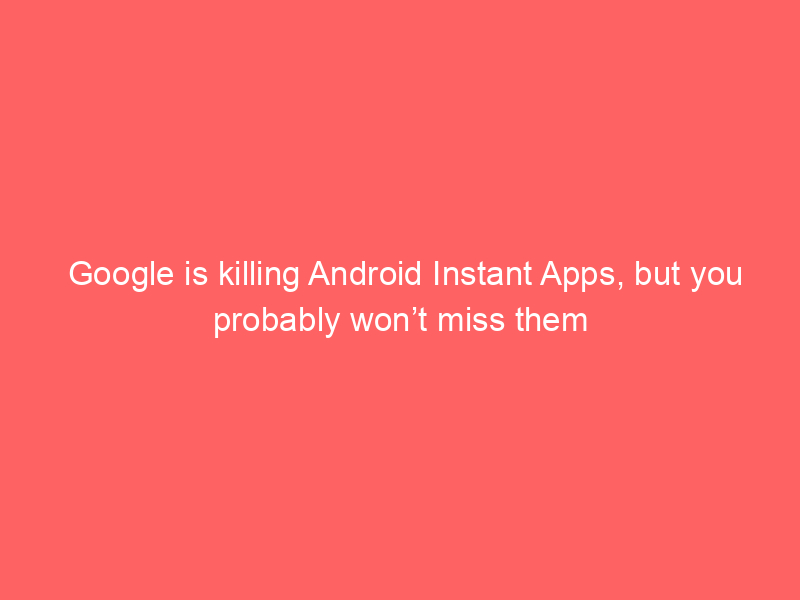
The Sudden Goodbye of Instant Apps: What It Means for Android Users
The news that Google is phasing out Android Instant Apps has sent a shockwave through the tech community. Instant Apps were a popular way for users to quickly access and launch various apps directly from the Google Home screen. But with the recent release of Android 13, Instant Apps are being slowly deprecated and eventually removed from the Play Store.
But what exactly are Instant Apps, and why are they being phased out?
Essentially, Instant Apps were a lite version of the full-fledged app that offered similar functionality. They were created by embedding the app itself within the Home screen, eliminating the need to navigate through multiple app menus. This meant users could quickly access and launch their favorite apps without needing to dig through a vast app library.
However, Google’s decision to remove Instant Apps is primarily driven by a shift towards consolidation and simplification of the Home screen. With Android 13, the company aims to streamline the Home screen by presenting only the most relevant apps in a curated manner. This approach is intended to make the Home screen more efficient and easier to navigate.
But what about the users who still rely on Instant Apps?
While the phasing out of Instant Apps may be disappointing for some, it’s important to remember that the feature is gradually being retired. This means users who still enjoy using Instant Apps can continue doing so for the time being. However, the long-term support for Instant Apps is coming to an end.
What does this mean for Android users?
The removal of Instant Apps may impact users in a few ways:
* App discoverability: Finding new and exciting apps might become more challenging.
* Quick and convenient access: Accessing frequently used apps might require more effort.
* Unified app experience: The Home screen might feel less personalized and more cluttered.
However, it’s important to note that this is a phased out feature, not an immediate removal. Apps that are compatible with Android 13 will continue to function normally. Additionally, users can still access them through the app library or by searching within the Google Home screen.
Conclusion:
The decision to phase out Instant Apps is a move that reflects Google’s commitment to simplifying and streamlining the Android Home screen. While users may miss the ease and convenience offered by Instant Apps, the phased-out feature is unlikely to have a significant impact on the overall Android experience.
